This blog is the first in an occasional series of interviews with green champions – people who’ve made it their mission to make a difference to the environment. First up is Steve Malkin, CEO of Planet First and founder of The Planet Mark.
Lorna: Can you start off just by filling us in a little bit on your background?
Steve: Yes, so some years ago I was running a marketing company and had a young family. We were doing some really interesting work and I was enjoying it but I woke up one night and had this epiphany that if I have a modicum of talent and energy then I should direct it at something that is going to support the future of us and our children, so I changed complete direction in the work that I was doing. I just wanted to understand how I could support tackling climate change. I didn’t really know what it was, but I just had feeling that that’s where I should be directing my time.
Lorna: Why do you think that issue resonated with you particularly?
Steve: I had slowly become aware of environmental and social issues and the way in which we all contribute to creating a better planet. As a parent, my senses were heightened, and I wanted to know what we could do to help provide a better future for our children and future generations.
Lorna: Then how did that lead on to the foundation of The Planet Mark?
Steve: I started to look around for people or organisations who were doing work in the green sector. I bumped into some guys launching a company to measure carbon emissions and started working with them to create a startup which we built up for five years before selling to Deloitte.
In that company we started to understand that if organisations started to measure and reduce their carbon emissions then there were enormous business benefits for that. If you could recognise their great efforts in terms of a certification or an award, then that really focused their efforts, while setting and reaching targets on an annual basis, all the while getting business benefits along the way.
I suppose that was the forerunner for The Planet Mark, focusing on cutting carbon and other sustainability issues like reducing plastic, reducing paper, reduce travel, basing it on a really solid business case and taking action.
We help organisations to see that environmental efforts make business sense, in terms of cost saving, staff enjoyment and happiness. It will help to retain staff, to attract staff, to demonstrate that you as a brand ‘get’ sustainability and that you’ve got ethical principles and that you’re acting with society and the environment in mind. Then by being a great brand, you might be better able to attract the paying customers, so you can actually win business by being green.
We are seeing real cultural change in organisations, which is moving them from incremental change to something far more radical and transformational. As a result, we are helping companies understand how to get to zero carbon by 2030, which is the change that we need.
Lorna: Do you think that this focus on the business benefits is something that sets The Planet Mark aside?
Steve: I do think that, yes. I think that what we were trying to do was take this out of the realm of compliance and put it into fairly straight talking, business values. If you demonstrate that sustainability is measurably, quantifiably good for your business then you’ll only ever do more of it.
A lot of the green stuff has been around tax, compliance, and clunky pieces of legislation to get companies to report carbon but not really care about it. What we wanted to do is demonstrate that people care about where they live and where they work, our society and our future, and that if you attach emotional engagement to doing the right thing and it’s good for business, you’ll only ever do more.
We’re also measuring the net social and environmental benefits to society generated by an organisation through its corporate and community activities now. Adding social value measurement to The Planet Mark presents a more rounded and holistic picture of organisations’ sustainability.
Lorna: You’ve found people to be very responsive to that message presumably?
Steve: Yes, it’s just fantastic. Genuinely, we see people in organisations who’ve been doing work inside their organisations anyway, reducing the amount of paper the photocopier is using by encouraging people to print double sided, encouraging people to switch lights off and so on, but feeling slightly frustrated that they have been struggling to communicate that inside their own organisation.
In actual fact there’s a lot of latent desire, passion, and knowledge for people to help their companies do the right thing, and so you can just tap into those people who want to make a difference. They’re all out there. They do amazing stuff, and that’s what we find most extraordinary, exciting and encouraging thing.
Lorna: Do you think that there’s a tipping point happening now with people finally waking up to the importance of environmental issues?
Steve: Yes, it was in 2016 when Blue Planet II aired. For years environmentalists had been aware of the issue of plastic, but Sir David Attenborough was able to bring it into the homes of millions of people not just in the UK but beyond so they could see the devastating impacts of plastic, and suddenly we moved from something which was a fairly disparate effort to tackle plastic to something that incredibly quickly accelerated into absolute action on plastic, driven by public demand.
As more and more reports were issued which measured the impact of plastic in our lives then this fuelled the public demand for change. Basically, that show changed our relationship with plastic forever, so we’ll never see plastic in the same light again.
With climate change the tipping point, I think is now.
Lorna: You mentioned plastic and climate change. Do you think those are the most significant environmental issues? Are there other issues that you think are equally ripe for reconsideration in that way?
Steve: Yes. I think that climate change is top of the list. It is the single most important existential issue that we are now focused on and I think people are aware of that. They’re just saying: “What do I do? Tell me what to do because I want to do better.”
Secondly, plastics. That’s going to be an ongoing issue. We’ve just found plastic in the deepest trench in the ocean, so it’s going to take quite a lot of time to eradicate plastics
What’s next is I think people will started to understand that water is a finite resource. Water is already on the agenda and it will increasingly be on the agenda in a number of ways. It’s related to climate, clearly, in terms of rising sea levels. It’s also fundamentally about protecting our limited resources of fresh water. Access to clean water and clean air are two fundamental human rights. People think of water as just on tap. It is at the moment, but it might not be in the future, so we’ve got to protect our resources.
Lorna: What are the key things then, that you would advise individuals and organisations to do to address these issues?
Steve: From an individual’s point of view, they should never lose sight of the power of one person’s actions. Look at Greta Thunberg. She went on strike in her town in Sweden because she wanted Sweden to take more action on climate change. One 15-year-old girl, as she was at the time, went on strike and others joined her, and within months it had become a global movement. Politicians are now asking her to advice on what they should be doing. She’s presented to the UN, and it started with one young person choosing to do something different.
From an individual’s point of view at home, just keep doing the small actions – encouraging everyone to switch off their electricity, turning down the heating, don’t run the tap when you’re brushing your teeth, make sure your dishwasher’s full, make sure your washing machine is full. Think about everything in terms of the resources that you’re using when you buy something because it’s going to save you money, and it will also save our planet because if we all do it together then it will work.
Now, if you extrapolate that to businesses, they could be doing exactly the same thing. Individuals and businesses should be thinking about those individual actions but also the stuff that they choose to buy. The power of your pound and where you choose to spend it is incredible. If companies are now saying, “Hold on a minute, if we’re going to buy new vehicles, how do we buy electric vehicles or hybrids?”
People are thinking carefully about buying diesel or petrol cars now, not that they shouldn’t but because they now might be worried about them being devalued in several years’ time. We are also seeing the roll out of electric vehicles and charging infrastructure. Change is happening and happening fast.
People and companies are looking to spend more wisely now. It’s really exciting because that’s driving innovation. You’re seeing innovation in the product you offer at Ecoprod, because you’ve chosen to focus on how you can eradicate water from the urinal. There’s genius in the development of products that are effectively planet-saving products.
Lorna: Quite often facilities managers, environmental managers and CSR managers in organisations have challenges around getting stakeholder buy in and getting people on board with environmental issues. Do you have any advice for people in positions like that?
Steve: Yes, I think the key thing is really bringing it back to a business case for sustainability. If businesses are looking to use technology to help reduce their environmental impact then we need to bear in mind that a lot of that technology has a payback period for return on investment, so we really stress that if managers do commit to make the choice then they’ll get a return on investment from the sustainability technology they deploy.
The property sector particularly is under huge pressure on to get to zero carbon and to reduce their impacts along the way. Experts in the field – sustainability experts, environmental managers – can now put the case to how such properties can reduce water, to reduce energy, to have a lighter impact on the planet, and you can put the business case for that in terms of a financial return on investment.
There’s also a very important piece here about cultural change. Over the next 10 years there is going to be really radical change in the way that organisations are going to run, and regulations and legislation they’re responding to. Having technology which demonstrates that you understand the issues and are attacking them is a really powerful way to show the culture of your organisation and it shows that you are actually living and breathing your vision and your mission and your values as a brand and as a business.
Lorna: This is something that maybe is also done by consumers making different choices about the products that they buy?
Steve: Absolutely, I think we’re already seeing that companies are struggling to attract and retain talented people. The younger generations are grasping issues around planet, environment, society and they will want to work with organisations whose values align with theirs, and they want to see that those organisations are doing the right thing. It’s pretty blunt. If you’re in a toilet which wastes water as a precious resource, then that suggests that company doesn’t get it.
Lorna: Is there anything else that you think it’s important to mention about water saving specifically?
Steve: What gets measured, gets managed. You can only manage what you can measure. We encourage organisations that we work with to measure their water consumption. It’s all about reducing the volume of water that you use.
When organisations start to measure their water use they are often really surprised that so much water is being used by their business per day. All they need to ask is, “Okay, what are we going to do about it?” Then they’ll want to find out ways and means of reducing their water.
Our job collectively is to get water on a radar of every organisation in the UK and beyond, because we are under water stress now, so we need to start working out how to reduce water use to ensure that we’ve got water available for future generations. I think that alongside air quality, it’s up there with things that are going to become in the forefront of the minds of people in the UK.
Lorna: Just to wrap up then and bring it back to your personal experience, what have you learned from your years at The Planet Mark?
Steve: If you’re going to tackle these massive issues, then there are three parts to consider: you need to get people, technology and nature working together. We know now we’ve got to take action. We’ve become better educated around the issues and therefore there are some really great brains inventing fabulous new products and services which we can use which are better for the planet. Fundamentally, we need to bring nature with us, it’s got to be done in, we need nature’s help, it’s got to be our friend. Our work at The Planet Mark is to try and bring these three pieces together.
What I find most heartening is that people aren’t waiting to be told, “Do something.” They’re finding the opportunity to make a difference themselves and we’re seeing it every single day where people are going to work and they’re doing something different and it’s catching on and it’s exciting because they are creating a better planet as a result.




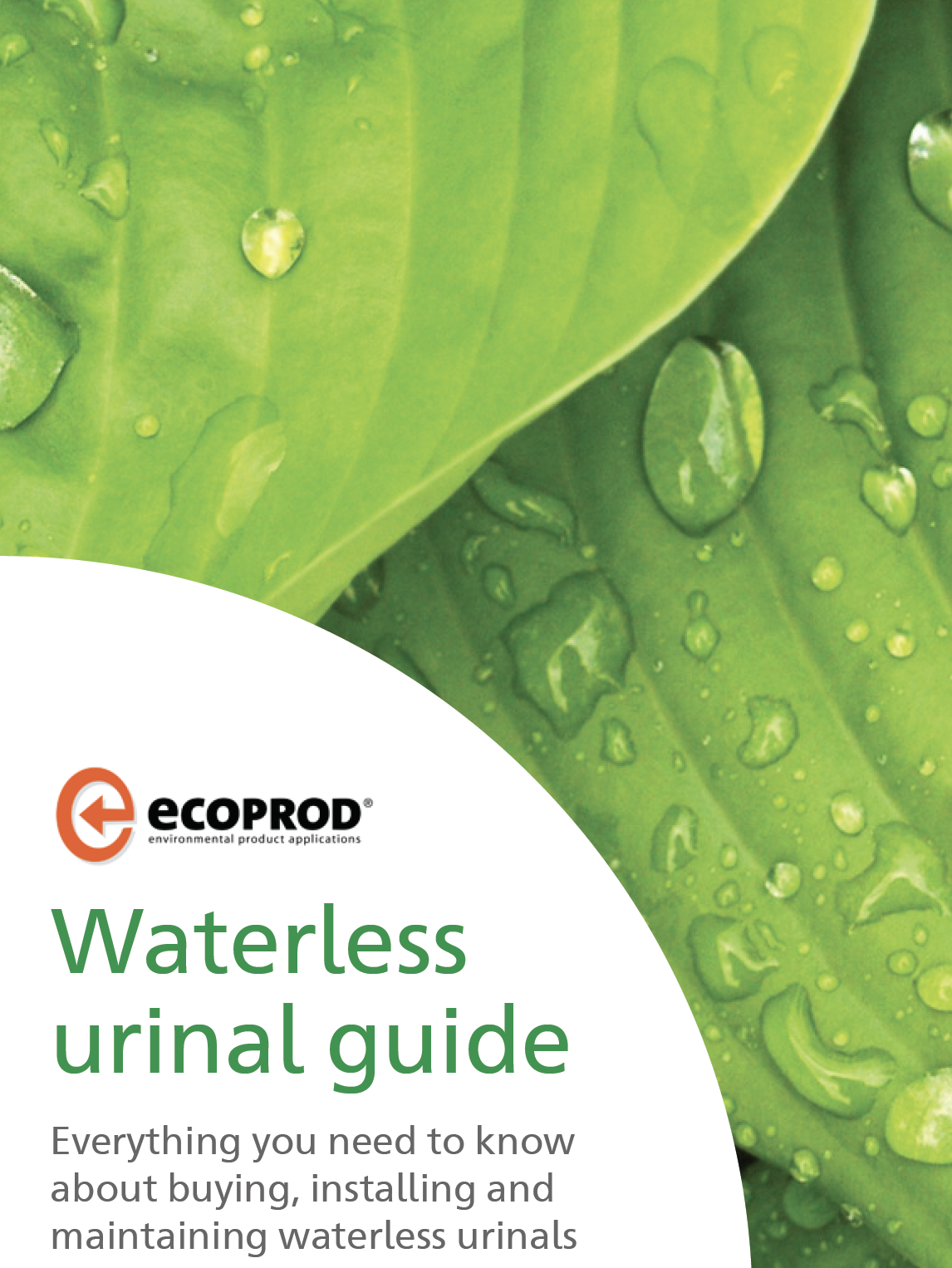
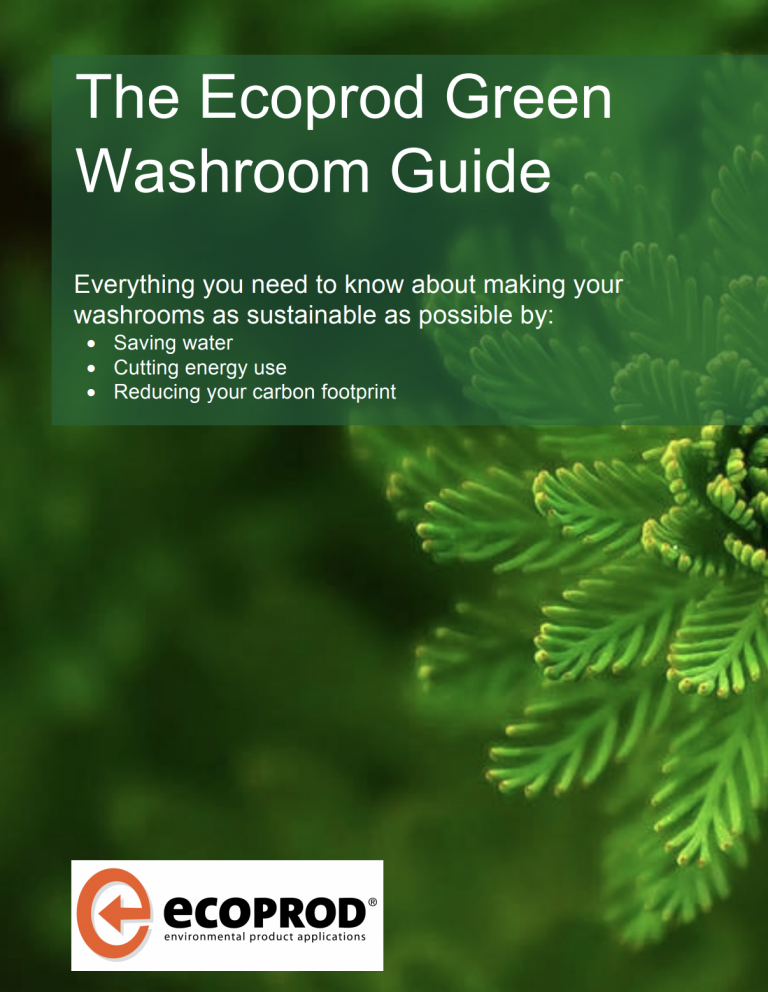
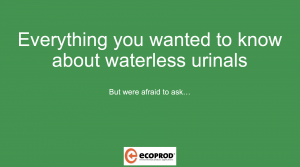
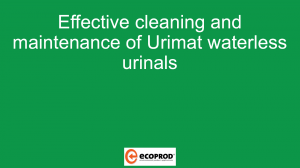


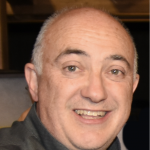
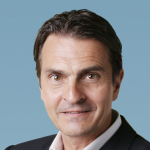

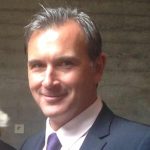 For the last 8 years Robert Summer – Head of International Sales and Marketing – has developed structured distribution network worldwide for CONTI+ brand. The products offer great benefit for washrooms and shower rooms for public, semi-public and health sector. Today, sustainability, hygiene and smartness are key to CONTI+ solutions. Robert lives the brand and its USPs and loves to support and motivate his team on a daily basis.
For the last 8 years Robert Summer – Head of International Sales and Marketing – has developed structured distribution network worldwide for CONTI+ brand. The products offer great benefit for washrooms and shower rooms for public, semi-public and health sector. Today, sustainability, hygiene and smartness are key to CONTI+ solutions. Robert lives the brand and its USPs and loves to support and motivate his team on a daily basis.

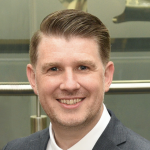


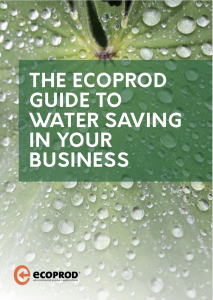
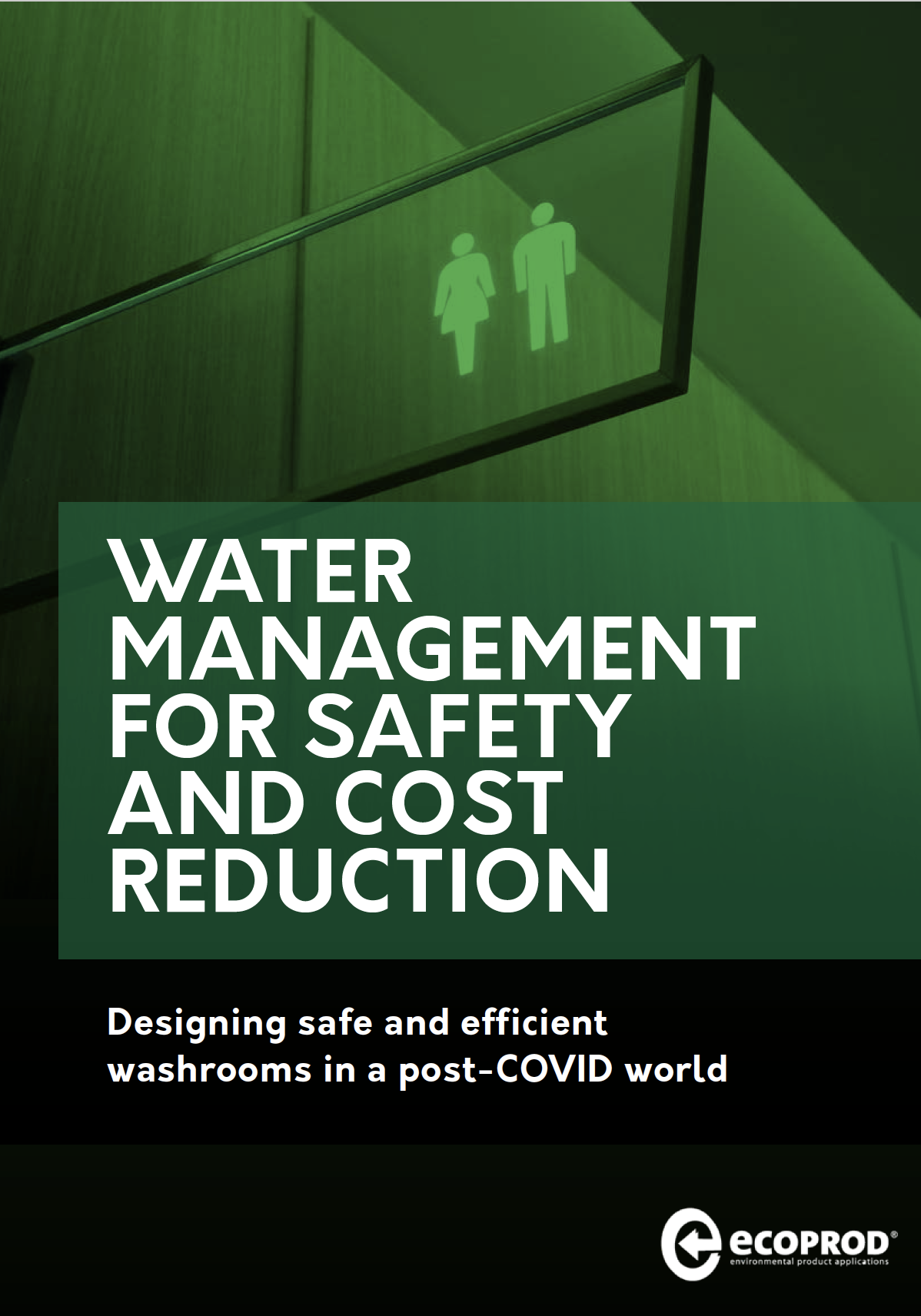

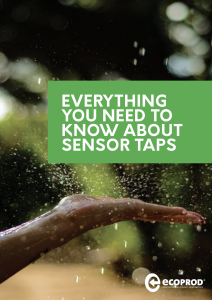
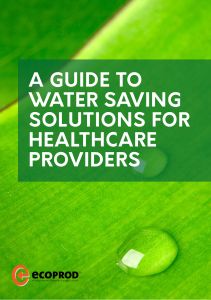
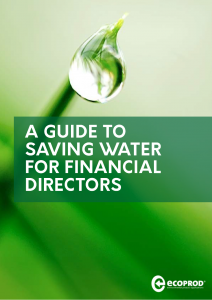
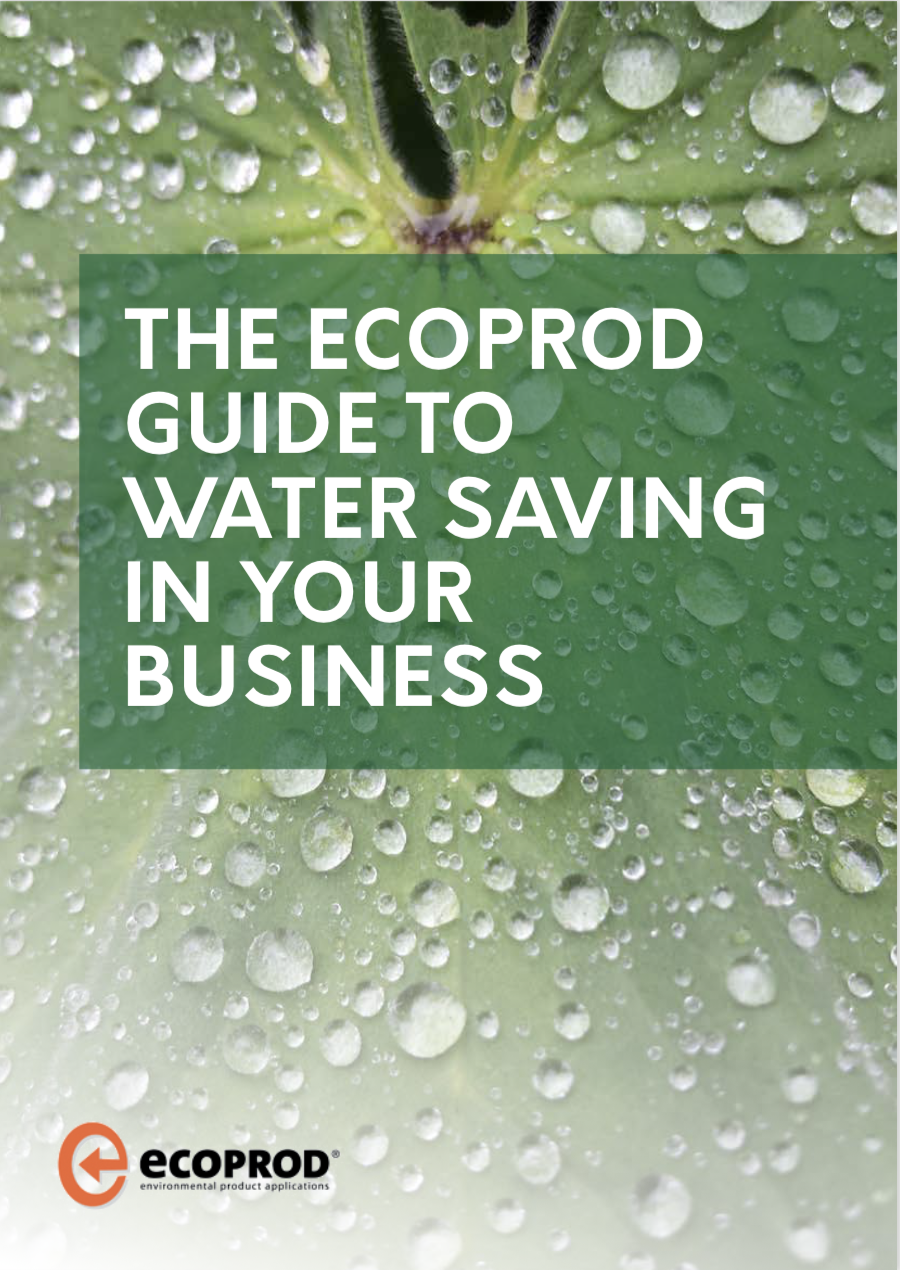
Comments are closed.